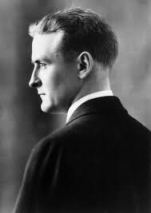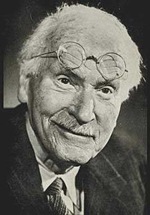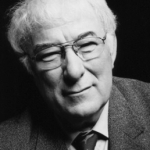A May blogby Reamonn O’Donnchadha |
|
The essence of psychopoesis is that it can show us that beauty simply is. No need to go searching. The conscious act of searching is in itself an act of avoidance. True beauty finds us. It is in us. Sitting on the edge of Great Man’s Bay on a Friday evening with the wind whitening the tips of the waves as the sun lights the green, blue, yellow and purple flowers, to inform them that it is safe to come out, because winter has gone south with the youth of Ireland. The daffodils in the garden bring Wordsworth to mind, as they dance in time to the waves; the unexpected cowslip astray on the footpath, shades of yellow and green harmonising with the tenor of the bluebell and as the tide turns it reminds us, as Heaney and Blake also do, that there is a rhythmic beauty in the world, and that we are but the trustees of the beauty around us. That the ugliness of the dark sea bed revealed by the tide’s going out, is but the precursor to the return of the sun and the sky. It reminds us that, as surely as it goes out, the tide always comes in, to envelope and soothe the healing pain. That the pain of the dark days is in synchrony with the healing of the Sundays. That hopelessness is an illusion.
The given note, the innate ability of the human being to take the spirit of life from what we have been given, to add something to it and to pass it on, enriched. Looking beyond the literal into the soul of our being, we hear the echo of that which brings us into soul-making poesis. It is the third eye that we all possess; the innate ability to see beyond the literal, to overcome the ego’s need to capture and possess; to kiss the joy as it flies that opens the way to our own beauty. The daffodils, the bluebells, the cowslips are not ours, as the bereft tears of the picked flower so sadly attest. Instead of trying to ‘master’ a tune, or a song, we open ourselves and let the music seep into our soul. The sun sets and the tide recedes on one part of our psyche, and simultaneously they rise on another. We receive, we nurture, we pass on.




